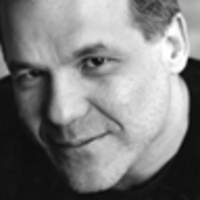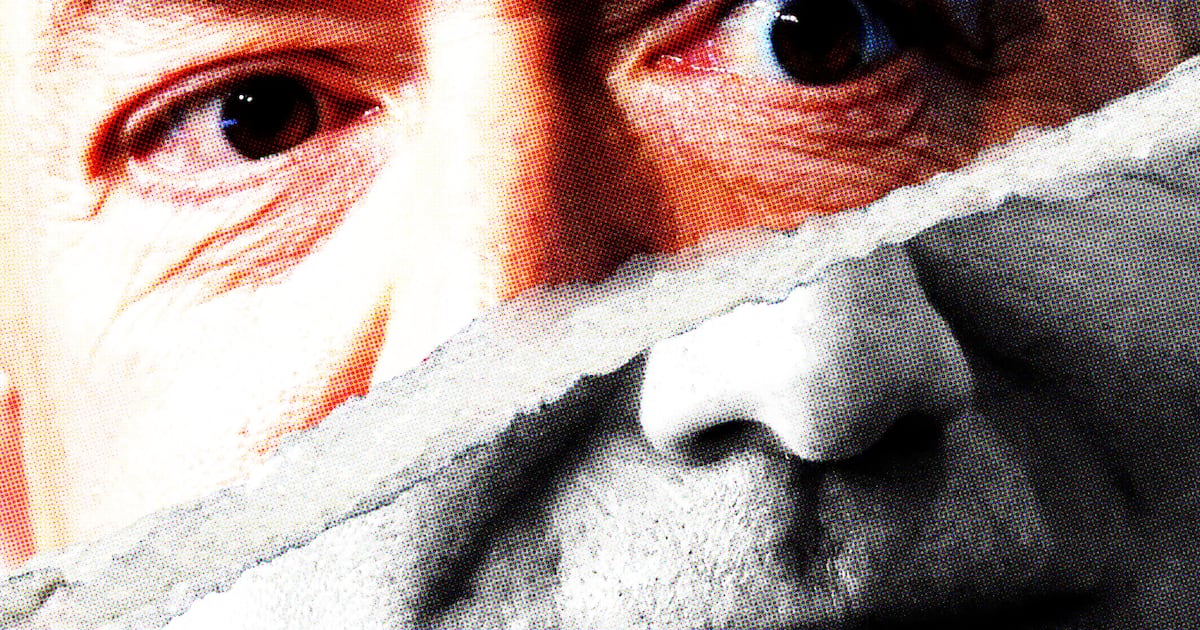As Hollywood luminaries swing into action by the dozens in support of Roman Polanski—speaking out against Polanski’s arrest for raping a 13-year-old girl 31 years ago and signing a glamorous petition demanding his release—a question presents itself: Where are these famously activist movie people on the most urgent issue to face this country in nearly 50 years? Why are they speaking out for Polanski, and not engaging their popularity and prestige in the battle over health care?
The moral imbecility, the linguistic depravity—Whoopi Goldberg: “I know it wasn’t rape-rape”—of some of Polanski’s defenders are atrocious enough. But the spectacle of people who, for better and for worse, still hold sway over the public falling all over themselves to help a convicted child-rapist when they could actually exert a positive influence on society is simply pathetic.
Just think: Clint Eastwood looking at the camera and daring the health insurance companies: “Go ahead, make my premium higher.”
ADVERTISEMENT
No one says that Hollywood people have to publicly take social and political stands. But a lot of them have been doing just that for decades. You can mock the political naïvete and bad judgment of Jane Fonda’s trip to Hanoi, or the histrionics of Sean Penn vowing to shackle himself to a missile site in Iraq just before the U.S. invasion of that country (to my mind, the only reason to unleash the bombs). But in their morally vain, jaded yet strangely unworldly way, these people—and others like Susan Sarandon and Tim Robbins, Bono, and Sting—are truly committed to their respective causes. They don’t have to do anything for the public good at all; if they didn’t, they’d be just as popular.
Yet there’s been a falling-off since Sinatra spoke out for racial equality in the 1940s, and Brando marched for civil rights alongside James Baldwin in the 1960s. Those were unpopular positions at a time when a performer’s image could be badly compromised for holding them. Brando’s certainly was.
These days, actors and other performers seem to choose their stands more carefully. They may be advocating worthy causes—human rights, world poverty, saving the rainforest—but these are palatable crises that are not characterized by polarized positions. They are designer causes.
Who is against human rights, or world poverty, or saving the rainforest? Gay marriage is slightly thornier, but few Americans, even the most puritanical, would boycott movie stars who think people of the same sex should be joined in matrimony. (Is anyone shocked that actors support gay marriage?) Like human rights, world hunger, etc., gay marriage—unless you’re gay—doesn’t immediately touch the average American life.
Health care is different. The issue touches everyone’s life. People are not simply for or against reform: They are passionately for or against reform. Even Polanski’s 31-year-old crime, which seems to acquire more legal complications every day, seems remote to most people, as horrendous as it is. But the question of the relationship of your body to the market and to government is as intimate as the clothes you wear. An actor who put himself or herself on the line by supporting one side or the other in the health-care debate would, like Brando, be truly gambling with his career. (Brando's later, somewhat disoriented, support for the militant American Indian Movement was the last straw for his critics.)
That must be why such instances as there are of celebrities coming out for healthcare reform have been pretty weak. The only semi-strong voice has been that of Paul Simon, who carefully spoke out for children’s right to healthcare. Aside from that, there have been a barely articulate Roseanne Barr on her blog, and a slightly more coherent Moby on his blog, and Will Ferrell, who made a satiric video pretending to defend the health insurance companies. Brave.
Yet imagine what a difference it would make if the stars came out with commitment and clarity for reform. Despite a growing disenchantment with the very concept of the “star,” Hollywood celebrities still carry plenty of clout. They are the objects of round-the-clock media and Internet obsession.
Just think: Clint Eastwood looking at the camera and daring the health-insurance companies: “Go ahead, make my premium higher.” George Clooney melting town-hall wrath with those dreamy eyes. Sean Penn promising to stop taking himself so seriously if you would just take seriously his plea for a public option. Nicole. Just two words from Nicole.
Imagine what effect an intimate plea from a universal face would have on people who have come to think of certain actors as extended family. The number of people persuaded by such sympathy for ordinary hardship would be far greater than those put off by an aura of luxury and privilege.
But along with their true self-interest, the citizens of Hollywood turn toward a good story like flowers to the sun. And for whatever reason, the story of Roman Polanski Agonistes seems to speak more directly to their experience than anything real and urgent—and unfamiliar, like not having the money to pay medical bills—that is turbulently unfolding right before their eyes.
Lee Siegel has written about culture and politics and is the author of three books:Falling Upwards: Essays in Defense of the Imagination; Not Remotely Controlled: Notes on Television; and, most recently,Against the Machine: Being Human in the Age of the Electronic Mob. In 2002, he received a National Magazine Award for reviews and criticism.




